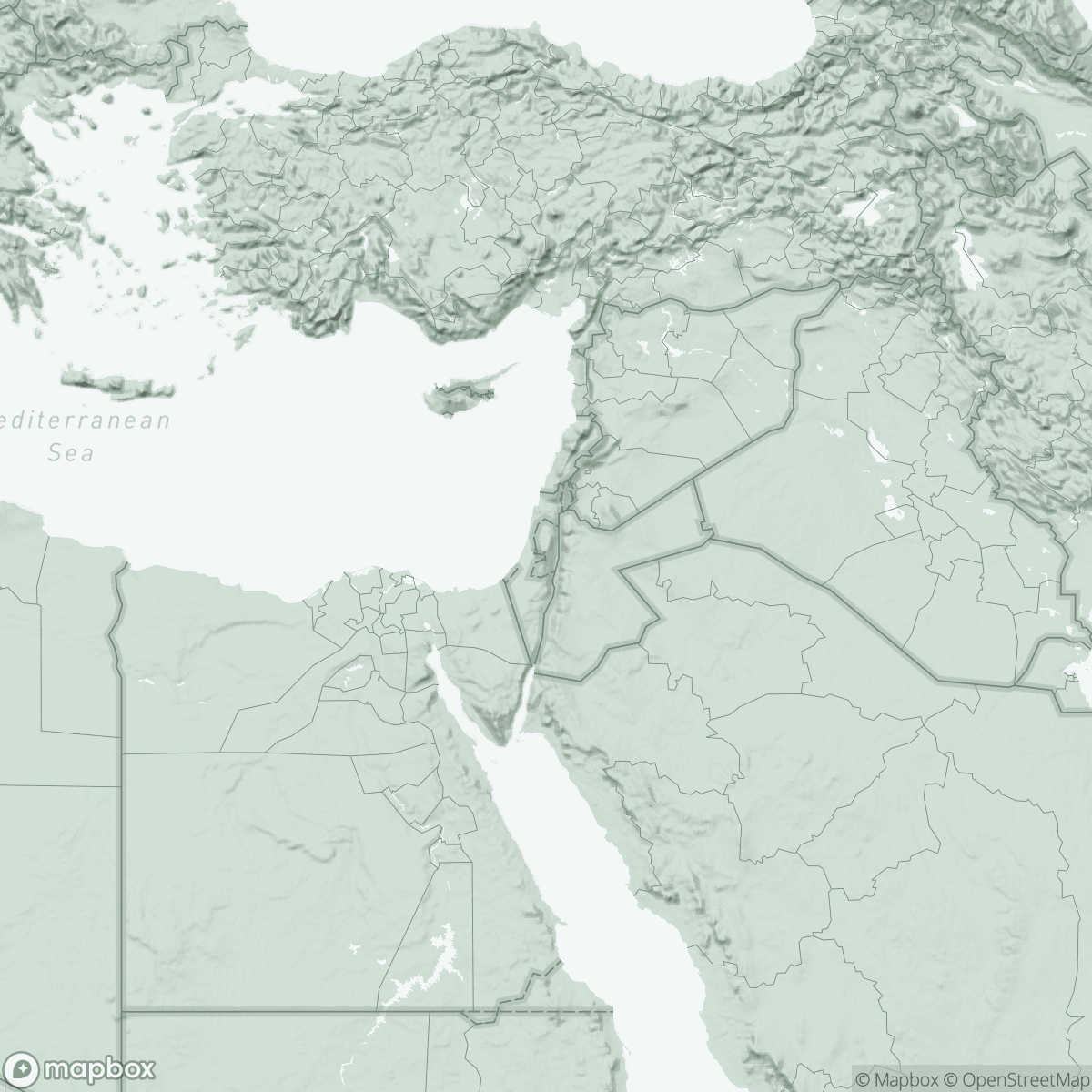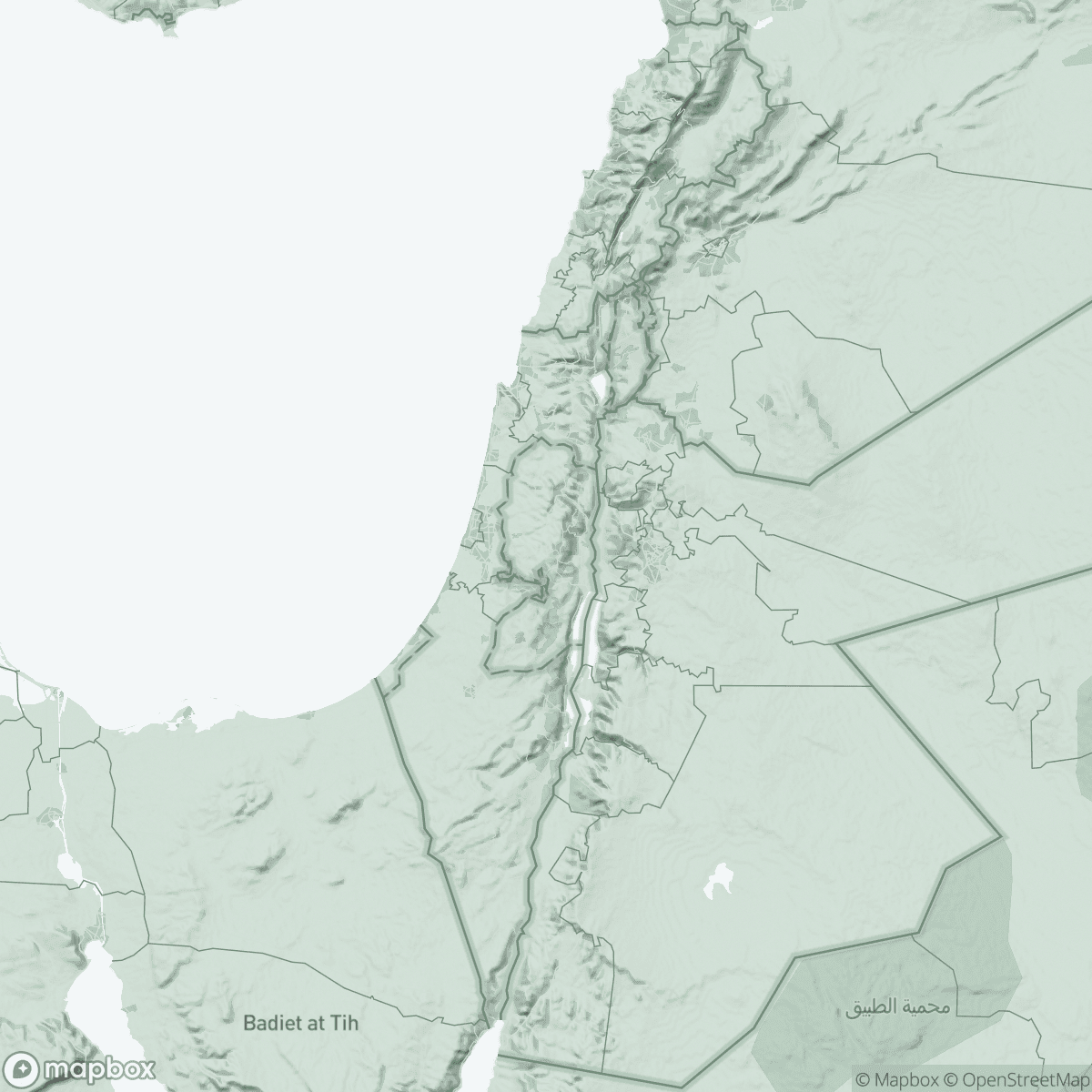
Photo report: Living in fear of military incursions
In 1 click, help us spread this information :
On August 28, Israeli forces launched the most intense military incursion in the West Bank since 2002 in terms of the scale of destruction and human losses. A total of 39 Palestinians were killed, according to the Health Ministry.
In Jenin, the 9-day incursion was extremely destructive. Much of the road infrastructure was destroyed, as were electricity and water connections, particularly in the refugee camp and the eastern part of the city. The population was trapped, with limited access to health care, as military vehicles were stationed in front of hospitals and ambulances, and health workers were repeatedly searched and even attacked. Access to electricity, water and other basic necessities was compromised, and residents feared being shot when they left their homes.
These increasingly frequent and unpredictable incursions into the West Bank are taking a heavy toll on the physical and mental health of Palestinians. A significant portion of the population lives with permanent trauma and constant fear of the next incursion.
MSF activities were heavily impacted by the large-scale incursion in Jenin: regular training and mental health activities were suspended, while the incursion continued, and a donation of medicines, diapers and baby milk was made to volunteers delivering essential items to people trapped in the camp. Since the departure of Israeli forces on Friday 6 September, MSF teams have donated water bottles and tanks and resumed psychological first aid activities.
In this context of recurring and increased violence, the mental health of the population is extremely worrying, particularly since the start of the war in Gaza. A total of 705 Palestinians have been killed and 5,700 injured in the West Bank since October 7, 2023, according to the Ministry of Health.
People receiving psychological support report feeling hopeless, anxious and fearful about the constant fear of future incursions, children facing insomnia, trauma and other related problems.
Following the 9-day incursion in Jenin from 28 August to 6 September, MSF teams have resumed their psychological first aid activities in the refugee camp. Salwa and Rahma visit the camp every week to meet with residents and assess their mental health and progress.
“The level of destruction continues to increase and the psychological impact is enormous,” Rahma says. “Residents believe that what is happening in Gaza will also happen in the camp. Many people, especially women and children, suffer from symptoms of psychological trauma and develop eating and sleeping problems, such as recurring nightmares and anxiety due to the fear of incursions that often occur at night.”
People do not feel safe given the brutality of the incursions and the impossibility of predicting when the next one will take place. In this context, psychological treatment is difficult because the trauma is permanent.
During the last incursion, Israeli forces destroyed a large part of the road infrastructure and cut off access to electricity and water. A week after the withdrawal of military forces, residents still have difficulty accessing drinking water, as many pumps have been cut off and water tanks have been destroyed by bullets.
Many houses in the Jenin refugee camp are marked by bullet holes. Residents speak of recurring occupations of houses by Israeli soldiers who also occupy strategic positions to dig a hole for snipers.
According to the latest estimates, the Jenin refugee camp is home to around 12,000 people. This is a sharp drop from previous figures, as people leave the camp due to insecurity caused by frequent incursions.
Jenin has been the scene of numerous violent Israeli military incursions since the start of the Second Intifada in 2000.

Salah is a volunteer ambulance driver trained by MSF. The 29-year-old law graduate lives in Jenin refugee camp. During military incursions, he drives the tuk-tuk donated by MSF to transport people in need of medical care.
“It’s very scary to drive on the streets because you could get shot at any time,” Salah says, “but it’s the only way to get patients out of the camp to get medical care.”
Salah is part of a group of 27 volunteer ambulance workers working in the camp, all risking their lives to provide life-saving care to the camp population.
Nour says she is still angry: “I am not afraid anymore, they tried to terrorize me several times and interrogated me, but I am not afraid.” Since Nour lost her husband, she has been in survival mode and has lost her appetite for the things she used to love to do. She sews and tries to forget how difficult her family’s situation is. “My husband is always with me, he goes with me wherever I go, I miss him too much.”
For Nour, the destruction of the camp’s infrastructure has had a huge impact on her and her neighbours: “They shot at our two water tanks, so we lost running water. The worst thing for me is not being able to move around freely, there was some life in the camp before, but now the streets are empty, it’s depressing.”

In the latest raid, Israeli soldiers stormed Anwar’s home. He described how they broke the windows and set fire to the second floor that was being built for his eldest son. His wife spent six months in prison, without charge or arrest warrant. He was the sole caregiver for his four-year-old daughter. “Every night she would scream at her mother. I couldn’t sleep and I would try to distract her by playing with her toys.”
When his mother was released and returned home, she found her daughter psychologically traumatized. “Every time she hears sirens or other noises, she screams. She is afraid that I will be taken away from her,” his mother said.
The fear of an imminent raid is ever-present. “We have our bags and shoes ready at the entrance in case they come back, so that we can escape in time,” Anwar said.












